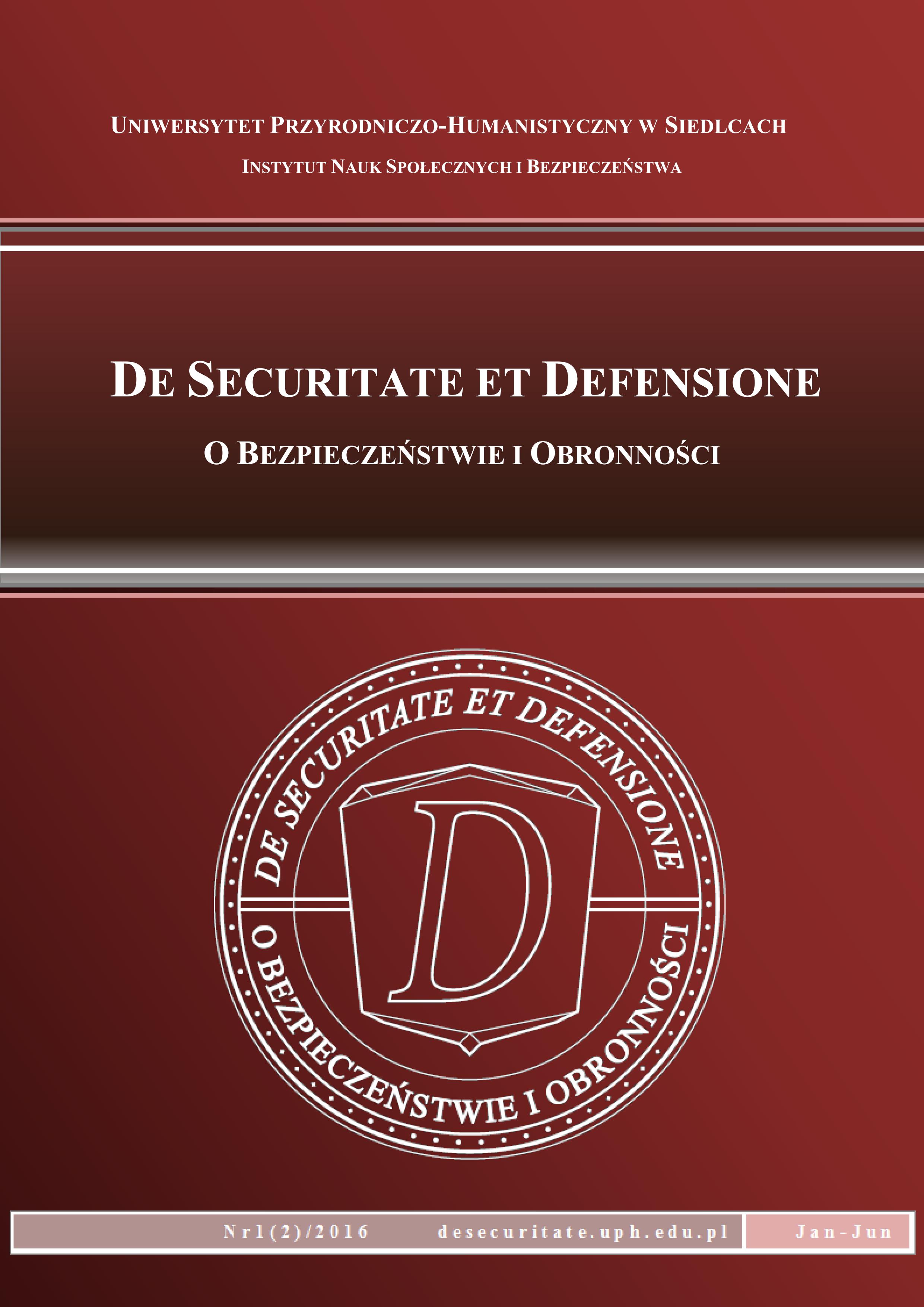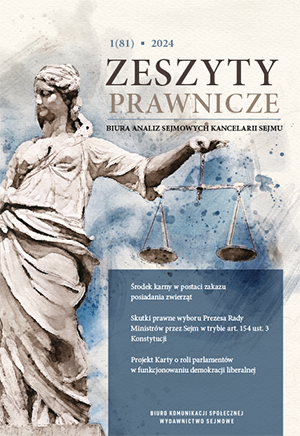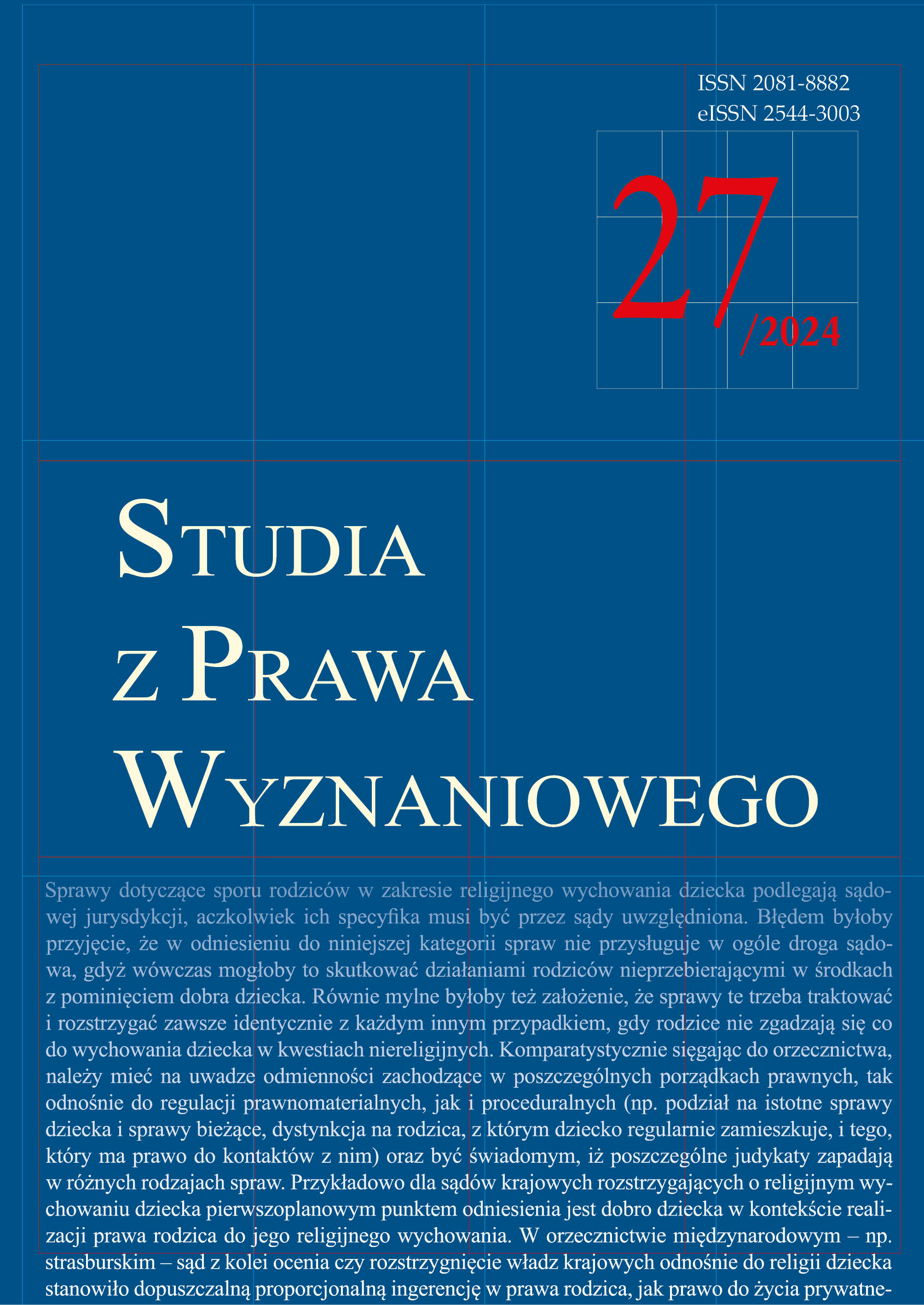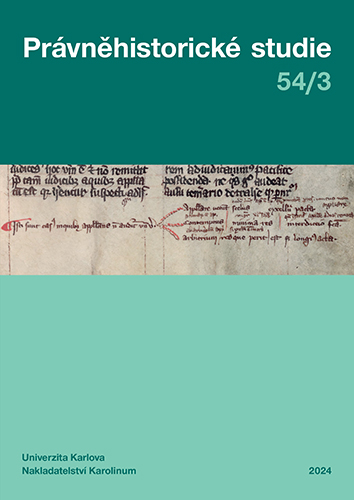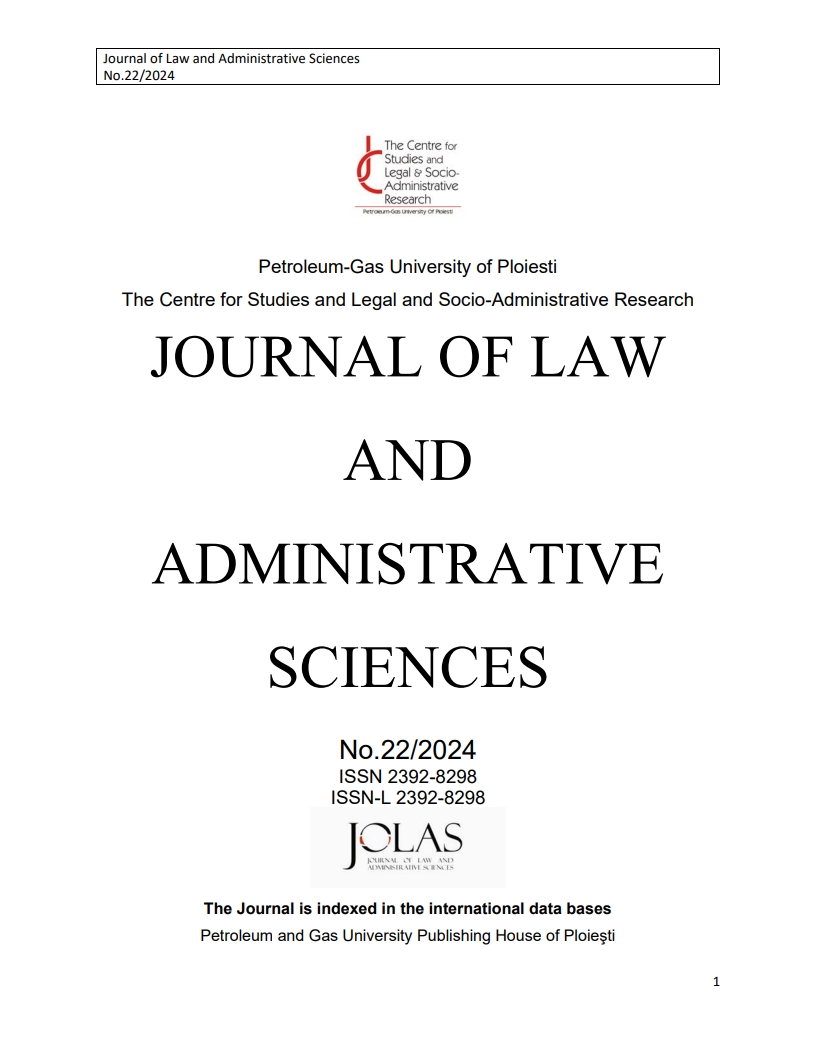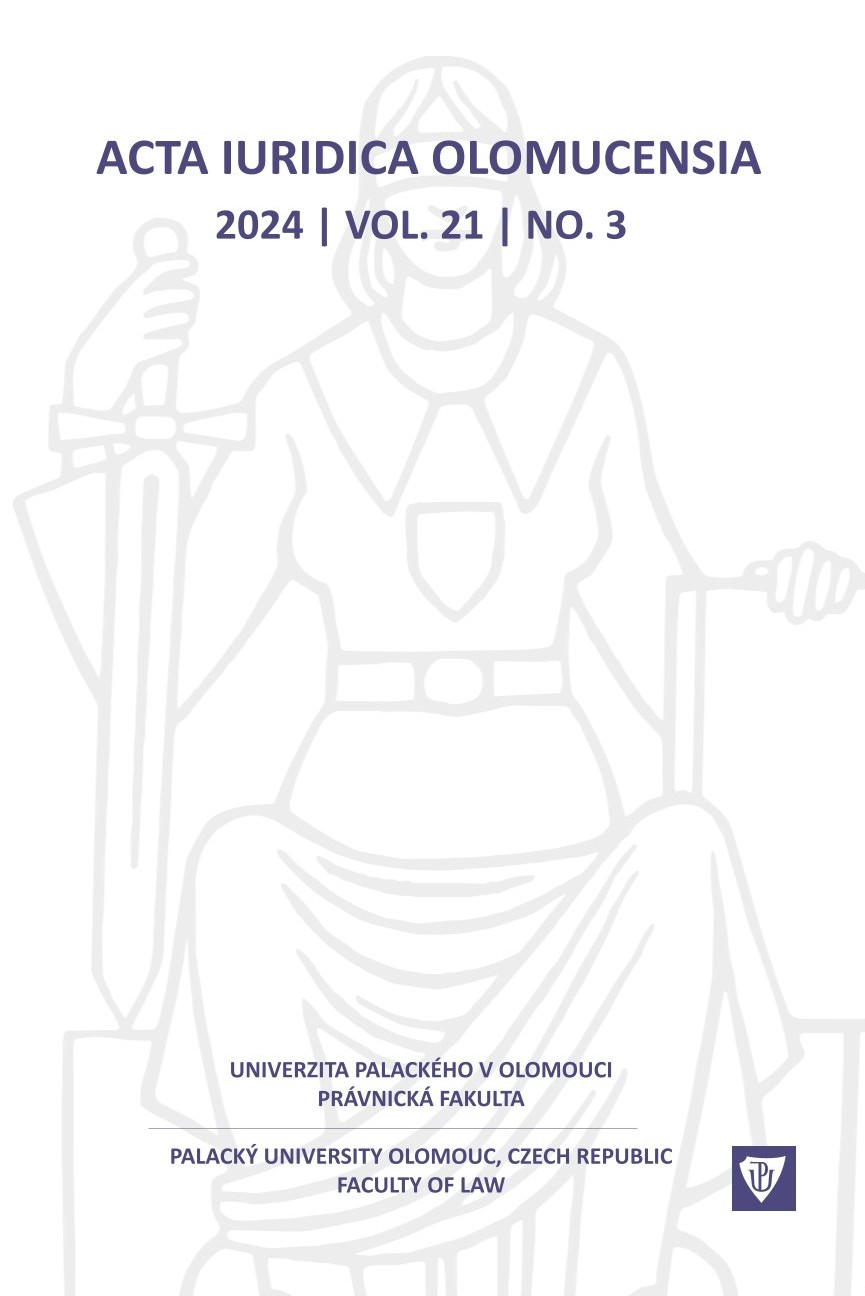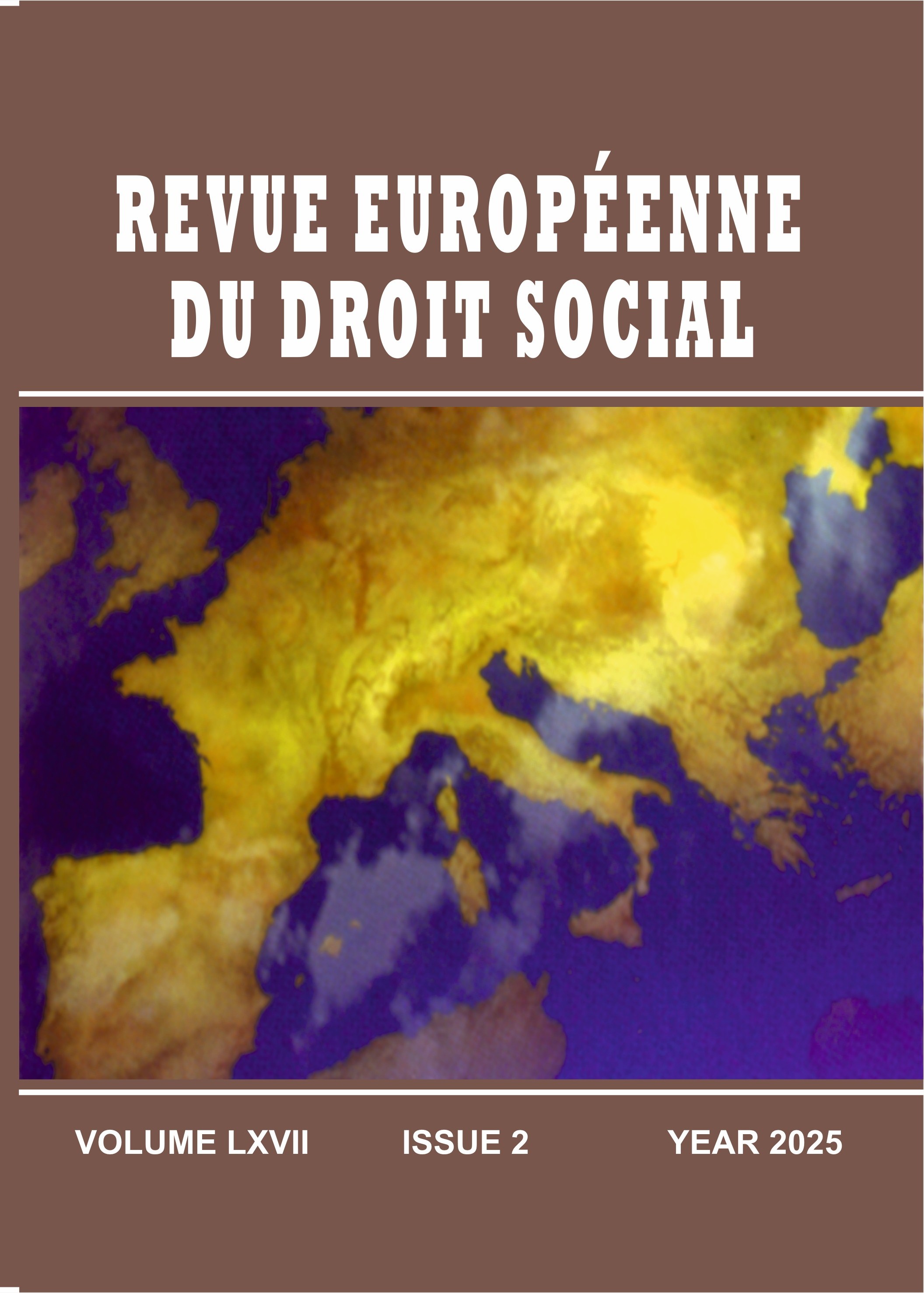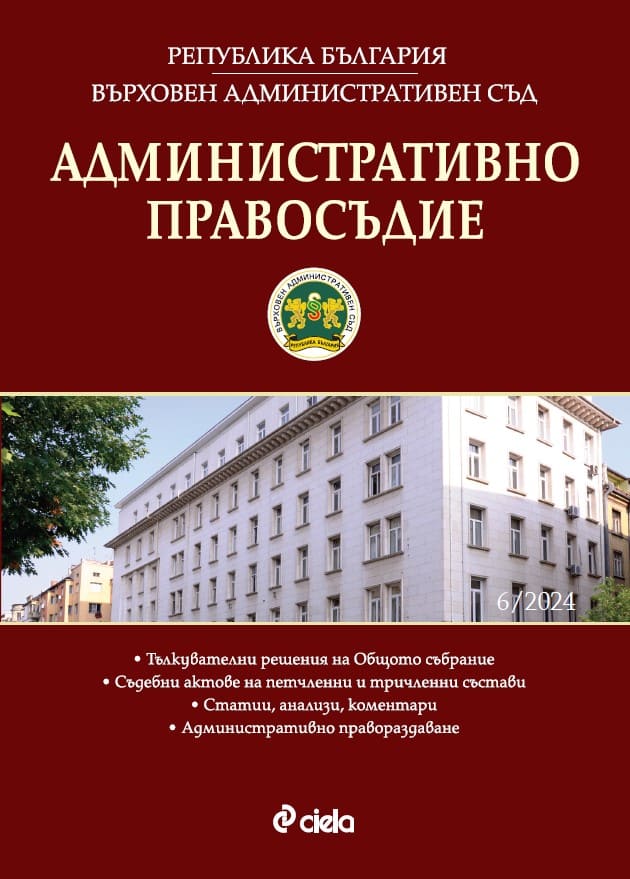Author(s): Milan Olejník / Language(s): English
Issue: 3/2017
The Czechoslovak Republic (CSR), which was established in the Central European region as one of states after the demise of Austro-Hungarian Empire, was characterized as a state with a complex ethnic structure. Besides Czechs and Slovaks its inhabitants belonged to various ethnic minorities. The influences on the political development of the new state were the German community living predominantly in the western part of the Czech lands and a Hungarian minority settled mainly in Southern Slovakia. In both cases these ethnic groups were included in Czechoslovakia against the approval of the majority of their people. Therefore, they were a potential threat to the security of the Republic. Czech and Slovak political leaders were aware of this situation and were compelled to look for a solution. It was imperative to create a unity between both communities and in this way to eliminate the danger to the CSR. The road to the imposition of the dominant position of Czechs and Slovak in the new Republic was the creation of a political construct of a unified Czechoslovak Nation, consisting of two “branches” – the Czechs and the Slovaks. The adherents to this concept argued that, ethnic, linguistic and psychological closeness between both communities was so deep that only historical developments had prevented a fusion of them into one nation in the past. Besides the ideological aspect, the concept of a unified Czechoslovak Nation had also deep political consequences. The Czechoslovak Republic, despite its multi-ethnic structure, was built as a national state with superior authority held within central government based in Prague, which, regardless of its concrete composition, was pursuing a policy supportive of “Czechoslovakism”. Therefore, in regard to political and social acceptance of this construct, there was a marked difference between Czechs and Slovaks. Whereas Czechs almost unanimously accepted this concept, Slovaks were sharply divided on it. A significant segment of Slovak society refused to take into consideration that they were Czechoslovaks; arguing that they were members of a fully developed nation with its own history, language and common sense of national self-awareness. Nationallyoriented Slovak politicians and cultural activists saw in the construct of the Czechoslovak Nation an attempt to assimilate Slovaks into a Czech nation. This suspicion was reinforced by Edvard Beneš, one of the most influential Czech politicians, who from 1938 was the President of CSR, and openly declared the necessary fusion of both communities. Shortly after the establishment of the CSR this conviction was translated into a political program presented by the Slovak People Party (HSPP) led by Andrej Hlinka, and the Slovak National Party, where Martin Rázus held a dominant position, till his death. Both leaders demanded autonomy for Slovakia. The form of autonomy was to be based on the Pittsburgh Agreement signed by representatives of Czechs and Slovaks living in the USA and later the President of the CSR Tomáš Garrigue Masaryk. The signatories of the Pittsburg Agreement consented that Slovakia would have an independent assembly and courts, and that the Slovak language would be the official medium of communication in public intercourse. In the view of autonomist adherents, the Masaryk´s signature was undisputable proof that the document had a legal relevance. In an atmosphere of political tension in Europe, caused by the aggressive policy of Nazi Germany, the HSPP increased its fight for autonomy. As an opportunity to enhance public support for autonomy, a delegation of the Slovak League visited from the USA during the summer months of 1938, co-inciding with the twentieth anniversary of the signing of the Pittsburgh Agreement. For the leadership of the HSPP it was of utmost importance to develop close relations with delegates and therefore it sent emissaries to the Polish port of Gdynia where the American delegation was scheduled to arrive. Similarly, the leaders of the Czechoslovak government deemed that friendly relations with delegates of Slovak League were important and sent a welcoming committee there. The pronouncements of the chairman of the Slovak League, Peter Hletko, were somewhat ambiguous; on the one hand he announced that the delegates had brought with them the original Pittsburgh Agreement, which was heartily welcomed by autonomists, on the other hand he declared that the aim of the American delegation was to contribute to the unity of Czechs and Slovaks in the Czechoslovak Republic. Initially the American delegation planned to visit government officials in Prague, but Hletko, allegedly under pressure from one of the leading politicians of HSPP, Karol Sidor, decided to go first to Ružomberok to see Hlinka. The government representatives, including the President Edvard Beneš, the Prime Minister Milan Hodža, the Minister of Foreign Affairs Kamil Krofta, the mayor of Prague and other dignitaries, could only ignore this change of travel schedule which had put them in an embarrassing situation. On finally arriving in Prague, the delegates were welcomed with lavish hospitality, but despite this welcoming the request of the delegates to implement the Pittsburgh Agreement into the Czechoslovak Constitution was denied. On June 4 th delegates attended the Congress of the HSPP in Bratislava. Hletko informed the leaders of the HSPP that they could not expect a positive approach from the government towards the establishment of autonomy in Slovakia. The next day delegates took part in a grandiose celebration of the anniversary of the signing of the Pittsburg Agreement, which culminated when Hletko displayed it in front of a gathered crowd. To maintain an image of impartiality, delegates also attended a demonstration organized under the auspices of the Republican Party on June 6th in Bratislava. The aim of the demonstration was to prove that a majority of Slovaks were against autonomy and were loyal to the CSR. Hletko again defended the Pittsburgh Agreement, but primarily as an instrument of unity between Czechs and Slovaks. More openly he criticized the refusal of the government to accept the autonomy of Slovakia during a public gathering organized on June 19th by the SNS in Turčiansky Sv. Martin. Hletko declared that American Slovaks would never give up on their demands for the autonomy of Slovakia. Hletko was even more critical at a farewell banquet given by HSPP in Ružomberok. Government politicians, in his words, were generous in their hospitality, but not in their readiness to award autonomy to Slovakia. The support of a majority of delegates of the Slovak League for the autonomist program of the HSPP and SNS provoked a wave of negative reactions from the government press. The authority of delegates to speak for Slovaks living in USA was put in doubt, and their journey to Slovakia was characterized as an unimportant episode which had made little impact upon the political development of Slovakia.
More...
